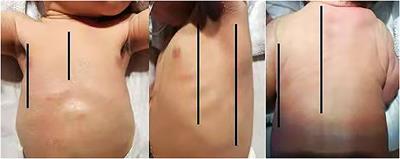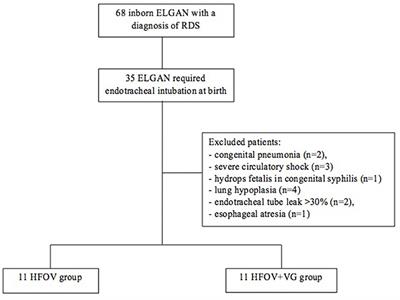REVIEW
Published on 11 May 2022
The Value of Lung Ultrasound Score in Neonatology

doi 10.3389/fped.2022.791664
- 9,063 views
- 22 citations
5,828
Total downloads
21k
Total views and downloads
You will be redirected to our submission process.
REVIEW
Published on 11 May 2022

ORIGINAL RESEARCH
Published on 03 Mar 2022

ORIGINAL RESEARCH
Published on 04 Feb 2022

ORIGINAL RESEARCH
Published on 02 Nov 2021

ORIGINAL RESEARCH
Published on 28 Sep 2021

ORIGINAL RESEARCH
Published on 23 Aug 2021

